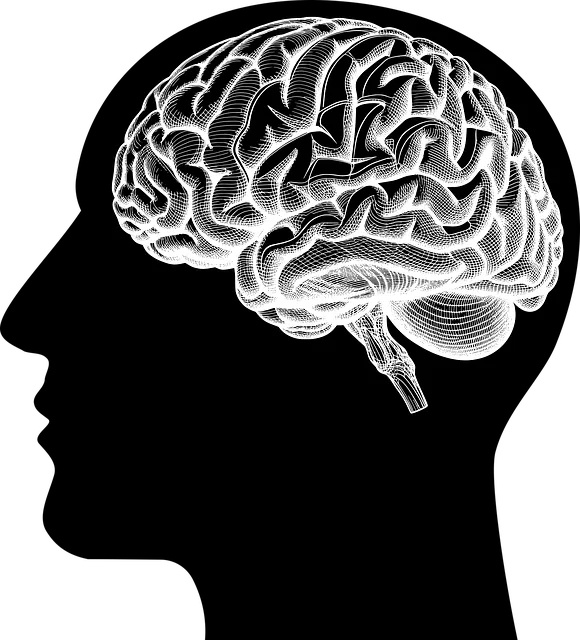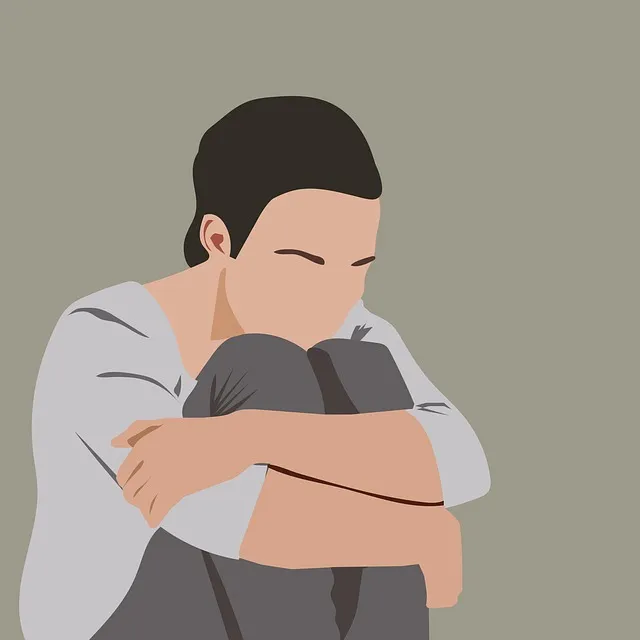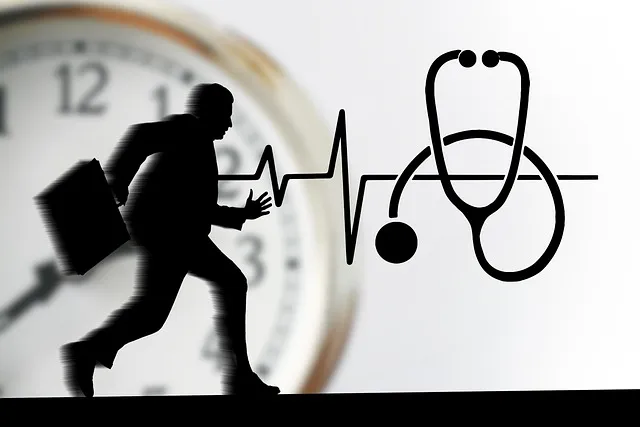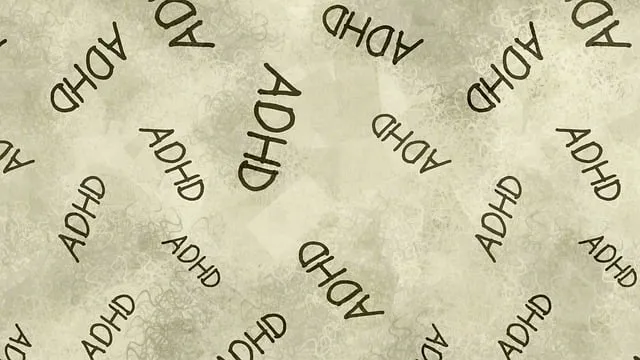The Lone Tree Kaiser Permanente behavioral health center tackles mental illness diagnosis challenges by integrating innovative techniques, education, and holistic approaches. They focus on coping skills development, stress management programs, and Mind Over Matter principles to enhance accuracy and empower patients. Through AI-assisted assessments, electronic health records, and comprehensive training, the center improves diagnostic processes. Community engagement, support systems, compassion cultivation practices, and self-awareness exercises contribute to more precise diagnoses and tailored treatment plans, setting a standard for mental health care at Lone Tree Kaiser Permanente.
Mental illness diagnosis accuracy is a critical aspect of patient care, especially at facilities like the Lone Tree Kaiser Permanente Behavioral Health Center. This article delves into the challenges faced in accurately diagnosing mental health conditions, exploring current diagnostic techniques and their limitations. It highlights innovative approaches, training initiatives for healthcare professionals, and the role of community engagement in enhancing diagnosis accuracy. By focusing on these areas, the goal is to improve patient outcomes at Lone Tree Kaiser Permanente behavioral health center and similar facilities nationwide.
- Understanding the Challenges at Lone Tree Kaiser Permanente Behavioral Health Center
- The Current State of Mental Illness Diagnosis Accuracy
- Innovative Approaches to Enhance Diagnostic Techniques
- Training and Education Initiatives for Healthcare Professionals
- Community Engagement and Support Systems for Better Diagnosis
Understanding the Challenges at Lone Tree Kaiser Permanente Behavioral Health Center

The Lone Tree Kaiser Permanente Behavioral Health Center, a premier mental health facility, faces unique challenges in ensuring accurate diagnoses for its diverse patient population. With a growing demand for services and a wide range of psychological conditions presented by patients, the center strives to optimize diagnostic processes. Accurate identification is paramount as it dictates effective treatment plans, especially considering the complex interplay between various mental health disorders.
The center’s approach involves integrating innovative techniques and education. They emphasize coping skills development and stress management programs tailored to individual needs. By teaching Mind Over Matter principles, patients are empowered to understand their conditions better. This holistic method not only enhances diagnostic accuracy but also fosters a sense of agency among individuals navigating their mental health journeys.
The Current State of Mental Illness Diagnosis Accuracy

Mental illness diagnosis accuracy has long been a subject of concern within the healthcare system, particularly at facilities like Lone Tree Kaiser Permanente’s behavioral health center. Despite advancements in research and understanding, misdiagnoses remain prevalent, often stemming from subjective symptoms and the complexity of mental health conditions. This issue is further exacerbated by the fact that many individuals face barriers to accessing timely and accurate assessments.
Efforts to enhance diagnosis accuracy include initiatives such as Community Outreach Programs that aim to raise awareness and reduce stigma, allowing for early interventions. Additionally, Risk Management Planning for Mental Health Professionals plays a crucial role in ensuring evidence-based practices and continuous education to minimize errors. Promoting Self-Care Practices among healthcare providers is another strategic approach, as well-being supports better concentration and decision-making during assessments.
Innovative Approaches to Enhance Diagnostic Techniques

The Lone Tree Kaiser Permanente behavioral health center has been at the forefront of innovative approaches to enhance diagnostic techniques for mental illness. They’ve implemented advanced tools and methods, such as integrating AI-assisted assessments and leveraging comprehensive patient data from electronic health records (EHRs). These cutting-edge strategies not only improve accuracy but also personalize treatment plans based on individual needs. By combining behavioral health expertise with technology, the center aims to deliver more precise diagnoses and effective interventions.
Additionally, Lone Tree Kaiser Permanente focuses on promoting Mental Health Education Programs Design that target both patients and healthcare professionals. These programs emphasize understanding mental health conditions, recognizing symptoms, and fostering resilience. They also include confidence-boosting workshops, aimed at empowering individuals to seek help early and manage their well-being effectively. Such holistic initiatives contribute to a more supportive environment, where accurate diagnoses can be made with greater ease and patients receive tailored Anxiety Relief strategies suited to their unique circumstances.
Training and Education Initiatives for Healthcare Professionals

The Lone Tree Kaiser Permanente behavioral health center has taken significant strides to enhance mental illness diagnosis accuracy through comprehensive training and education initiatives for healthcare professionals. These programs focus on equipping practitioners with advanced skills in assessment, interpretation, and communication, ensuring a nuanced understanding of various mental health conditions. By fostering a culture of continuous learning, the center encourages staff to stay updated with the latest research and evidence-based practices, leading to more precise diagnoses.
Initiative includes workshops on Mental Wellness Journaling Exercise Guidance, aimed at promoting reflective practice among healthcare providers. This approach not only improves self-esteem but also enhances the ability to recognize subtle changes in patient mood and behavior. Additionally, training in Mood Management strategies empowers professionals to offer tailored interventions, supporting individuals in managing their mental health more effectively. These educational efforts collectively contribute to a more precise and compassionate mental illness diagnosis process at the Lone Tree Kaiser Permanente behavioral health center.
Community Engagement and Support Systems for Better Diagnosis

Community engagement and support systems play a pivotal role in enhancing the accuracy of mental illness diagnoses. Initiatives like those at the Lone Tree Kaiser Permanente behavioral health center highlight the power of collaborative efforts. By integrating local community resources, the center fosters an environment that not only improves access to care but also encourages open dialogue about mental health. This approach ensures that individuals receive comprehensive evaluations, as it accounts for social and environmental factors that significantly impact emotional well-being.
The incorporation of Compassion Cultivation Practices and Self-Awareness Exercises within these support systems further streamlines the diagnosis process. These techniques promote emotional resilience and self-understanding, enabling both healthcare providers and patients to identify subtle signs and symptoms. As a result, it becomes easier to distinguish between different mental health conditions, ensuring more precise diagnoses and tailored treatment plans.
The journey towards enhancing mental illness diagnosis accuracy at the Lone Tree Kaiser Permanente Behavioral Health Center is a multifaceted endeavor. By understanding the unique challenges, leveraging innovative approaches, enhancing training for healthcare professionals, and fostering community engagement, we can significantly improve diagnostic techniques. These efforts not only benefit patients at the Lone Tree Kaiser Permanente behavioral health center but also contribute to more effective mental health care across communities, ultimately promoting better outcomes and increased well-being.






